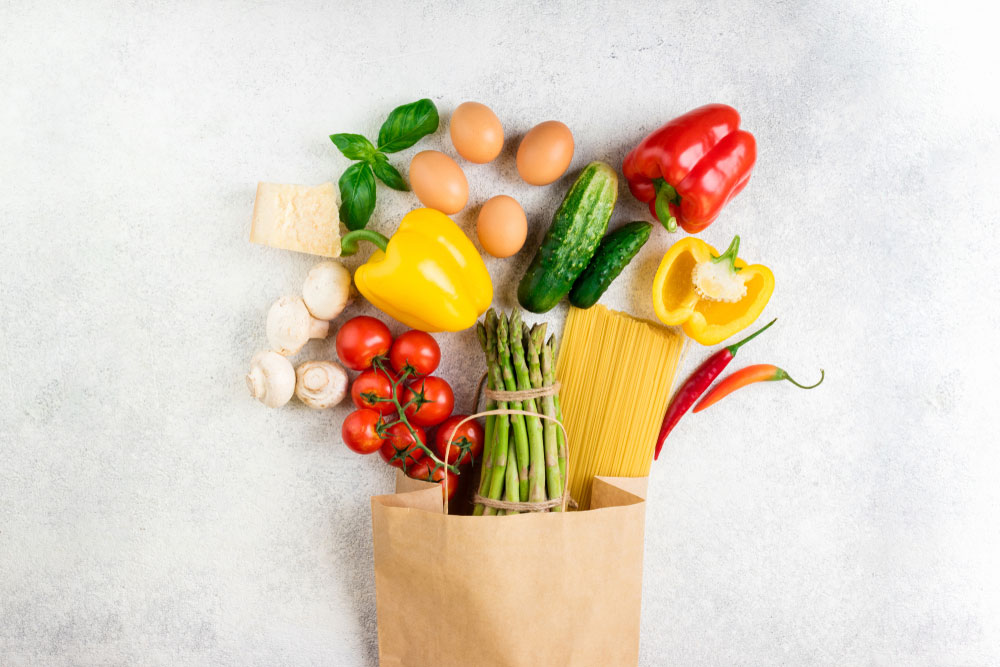It’s indisputable that everyone needs good nutrition. However, eating a balanced diet becomes even more important with age, especially at assisted living facilities in Boynton Beach. Seniors should consume a lot of vitamin D and calcium to prevent fractures and improve bone health. Vitamin B12 is essential to cognitive function. It also plays a role in preventing heart disease and maintaining adequate energy levels. High amounts of potassium are recommended because it is known to serve as a regulator of blood pressure.
Your Plate Should Look Like a Rainbow
Seniors should keep a balanced diet to get all the nutrients they need. Brightly colored foods are never a bad option. A healthy meal should include:
- Fruits and vegetables
- Lean meat, beans, seafood, eggs
- Low-fat cheese, milk, dairy products in general unless lactose intolerant
- Whole wheat pasta, brown rice, whole wheat bread
Seniors should choose foods low in sodium (salt) and high in fiber. They or their loved ones or care takers should take the time to read nutrition labels. It’s wise to observe the American Heart Association’s recommendations of daily servings for people over the age of 60.
If the person has a sensitive stomach or kidney problems, leafy greens are best avoided. If not, include them by all means. Vegetables like spinach, kale, and collard greens are chock full of vitamins and minerals.
The Right Fluids and Intake
When it comes to essential nutrients, water is near the top of the list. Seniors should consume small amounts of water throughout the day. Herbal tea is recommended. Coffee is all right unless strong and they have blood pressure issues. Unless a medical professional has advised otherwise, it’s best to limit intake of fluids containing sugar or salt.
Canned fruits and vegetables contain a lot of sugar and sodium. When preparing meals for the elderly, it’s best to stick with fresh or frozen vegetables and fruit.
Make It Taste Good
A lot of people complain about bland food. That’s quite understandable. To add flavor, you can include herbs and spices in your cuisine. If you use flavoring mixes, check the sodium content; it’s off the charts in some brands’ flavoring. Avoid high sodium and high cholesterol flavorings and foods like bacon and butter.
What to Avoid
The “three meals a day” tenet doesn’t apply to seniors. Instead, encourage several small meals a day. Avoid simple carbs with lots of refined sugar like white rice, white bread, and other baked goods. These increase blood sugar levels and don’t offer many health benefits.
Why Eat Healthy?
Of all age groups, those over 60 are most susceptible to malnutrition. They eat less, which automatically translates to a lower calorie intake. Appetite and metabolism slow down with age, as does the body’s capacity to absorb nutrients, in particular certain critical ones.
Healthy eating for seniors is crucial for brain function (cognitive ability and memory), function of organs like the liver, eyes, and kidneys, and for managing diabetes, dementia, and other chronic illnesses. A nutritious diet can help maintain strength and mobility and prevent fractures and falls.
The best assisted living facilities in Boynton Beach understand the importance of healthy eating. Their meals are high in the right nutrients and help seniors stay healthy.


